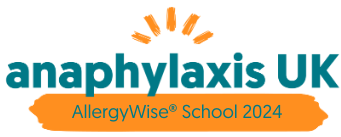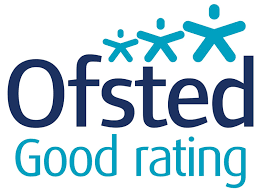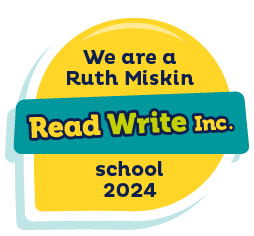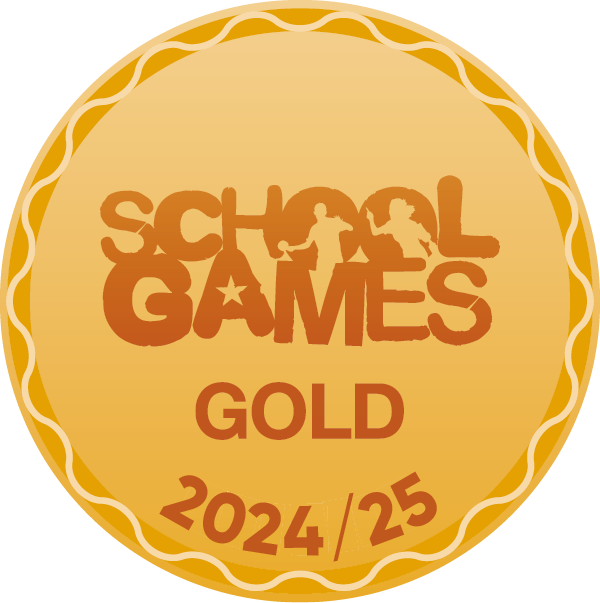Geography
Intent
Here at Towcester Church of England Primary School, our geography curriculum is thoughtfully structured around four key concepts: Locational Knowledge, Human Geography, Sustainability, and Geographical Skills. This approach allows us to provide our students with a comprehensive understanding of the world around them while fostering essential lifelong skills.
Locational Knowledge forms the foundation of our curriculum. Through engaging lessons and activities, our students develop a deep understanding of places, regions, and their physical characteristics. They learn to interpret maps, atlases, and other geographical resources, honing their spatial awareness and navigational skills. By exploring various locations and their significance, our students gain a broader perspective of the diverse and interconnected world we live in.
Human Geography enables our students to explore the social, cultural, and economic aspects of human societies. They delve into topics such as population dynamics, urbanisation, migration patterns, and cultural diversity. By understanding the relationships between people and their environments, our students develop empathy, cultural awareness, and a sense of global citizenship. They analyse real-world case studies, examining the impacts of human activities on different regions and communities.
Sustainability is a key concept we emphasise in our geography curriculum. Our students explore the delicate balance between human needs and the preservation of the natural environment. They investigate issues related to climate change, environmental degradation, and resource management. By examining sustainable practices and solutions, our students develop a sense of responsibility and become advocates for a more sustainable future. They learn to think critically about the impact of human actions and explore ways to protect and conserve our planet.
Geographical Skills are integrated throughout our curriculum, empowering our students with the tools necessary for geographic inquiry. They acquire data collection, analysis, and interpretation skills using a range of resources, including maps, satellite imagery, and statistical data. Through hands-on activities and fieldwork, they develop practical skills such as map reading, compass use, and data visualisation. These skills enable our students to conduct independent research, make informed decisions, and communicate their findings effectively.
By dividing our curriculum into these four key concepts, we provide a structured framework for our students' geographical learning. Each lesson is designed to explore one or more of these concepts, ensuring a balanced and comprehensive understanding of the subject. Moreover, the progressive nature of our curriculum allows students to build upon their knowledge and skills year after year, deepening their understanding and competence in geography.
At Towcester Primary, we believe that a curriculum centred around these key concepts equips our students with the necessary tools for lifelong learning and engagement with the world around them. By developing locational knowledge, exploring human geography, emphasising sustainability, and cultivating geographical skills, we empower our students to navigate a complex and interconnected global landscape with confidence and understanding.
Inclusion
We teach geography to all pupils, whatever their ability. Geography units have been planned to provide ambitious learning experiences for all children within the class, whatever their ability may be.
- Progression has been considered with planning of units of study to ensure that all children have a good platform of knowledge and understanding to their learning to enable successful progression throughout the school.
- Challenge: We are developing a strategy which allows a special awareness given to those children who are considered gifted and appropriate learning opportunities to extend and deepen their understanding.
- Adaptations to learning experiences are carefully planned to ensure that all pupils build on their knowledge and make progress.
- Targets set for pupils with SEND are considered when teaching geography and necessary adaptations are provided to enable them to successfully access the learning opportunities.
Impact
Outcomes in geography evidence a broad and balanced geography curriculum and demonstrate the children at Towcester CE Primary School’s acquisition of identified key knowledge. We aim to apply children’s geographical knowledge to other areas of the curriculum to enable links in learning to be effectively embedded, evidence of identified key knowledge may also be found in other books, for example in our pupils’ English books.
Emphasis is placed on analytical thinking and questioning and children demonstrate a coherent knowledge and understanding of key geographical concepts, in addition to being curious to know more. Through this, pupils use their procedural knowledge to ask perceptive questions, think critically, weigh evidence, sift arguments, and develop perspective and judgement.
Assessment
Throughout a unit of Geography, teachers will:
- refer back to the marking and feedback policy when looking at work in books
- observe children during lessons and support/challenge
- provide regular quizzes using knowledge organisers and recall as well as using open ended activities to allow children to ‘show off’ their knowledge and practise retrieval.
At the end of each unit of Geography, we are developing an independent review of the declarative knowledge that the children have acquired. Teachers have begun to structure an appropriate assessment for each unit of study and use this to inform their judgement about a child’s overall geography attainment alongside the learning they have seen throughout the unit.
Teachers will also assess procedural knowledge and these assessments are recorded on the unit assessment grids. An overall outcome of attainment in Geography can be used to communicate to parents in the end of year reports.














